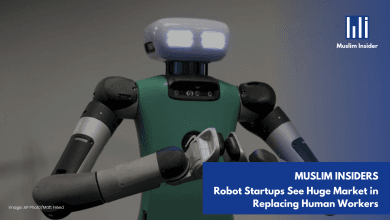
During July this year, Hyundai has recently directly hired female factory workers in South Korea for the first time since its founding in 1967, recruiting six women technicians, according to the Korea Metal Workers’ Union.
When the job posting was posted on their website, unions and activists encouraged Hyundai to increase the number of women working in Korea’s male-dominated culture. They have been calling on Hyundai about this matter for years to improve inclusion in the workforce, calling the workplaces “male-dominated sites.” The goal is to hire 500 more technicians, with the expectation of hiring more women.
Hwang Ji-Sun, 52, an employee just six years ago at the South Korean automaker Hyundai, is facing challenges as a woman. Bathrooms are not enough for the workers, she recalled and female technicians were paid less than their full-time male counterparts because they could only be hired as contractors by staffing firms and not as staff.
“It almost feels like the company made the decisions as it couldn’t ignore the social pressure and wanted to showcase the recruitment this time,” she told CNN.
When she joined Hyundai for the first time in Ulsan, she simply had to attach black tape to the door frames. Hwang said her salary ranges from 1.4 million to 1.5 million Korean won (RM 4.9k to RM 5.2k) per month, including overtime pay, compared to the roughly 2 million Korean won (RM 6.9k) paid by the other full-time employees, who were all men.
Then, in 2012, a Supreme Court decision determined that Hyundai’s policy of excluding contract production workers from its workforce—whether they were men or women—was illegal, allowing Hwang and other individuals to become full-time employees. However, this didn’t actually occur until five years later, following lengthy talks between management and the labor movement.
She now claims that full-time women receive the same pay as their male coworkers. In these facilities, there are more bathrooms and even showers for women. Of the roughly 3,600 workers at their factory, about 90 more women have joined.
Despite South Korea being the world’s advanced economy, experts say women in the country still have unequal opportunities as men and are rarely represented in boardrooms or factory floors. In Korean society, there is still a practice that classifies job roles according to gender, and Hyundai Motor’s case reflects that, according to Jung Sungmi, a research fellow at the Korean Women’s Development Institute, citing the cultural attitude that some jobs should be done by men.
However, Hyundai’s move on this seems largely symbolic for now; she added, “It can be seen as a good sign, because that could lead to a trend moving away from the current fixed gender roles at workplaces.”




